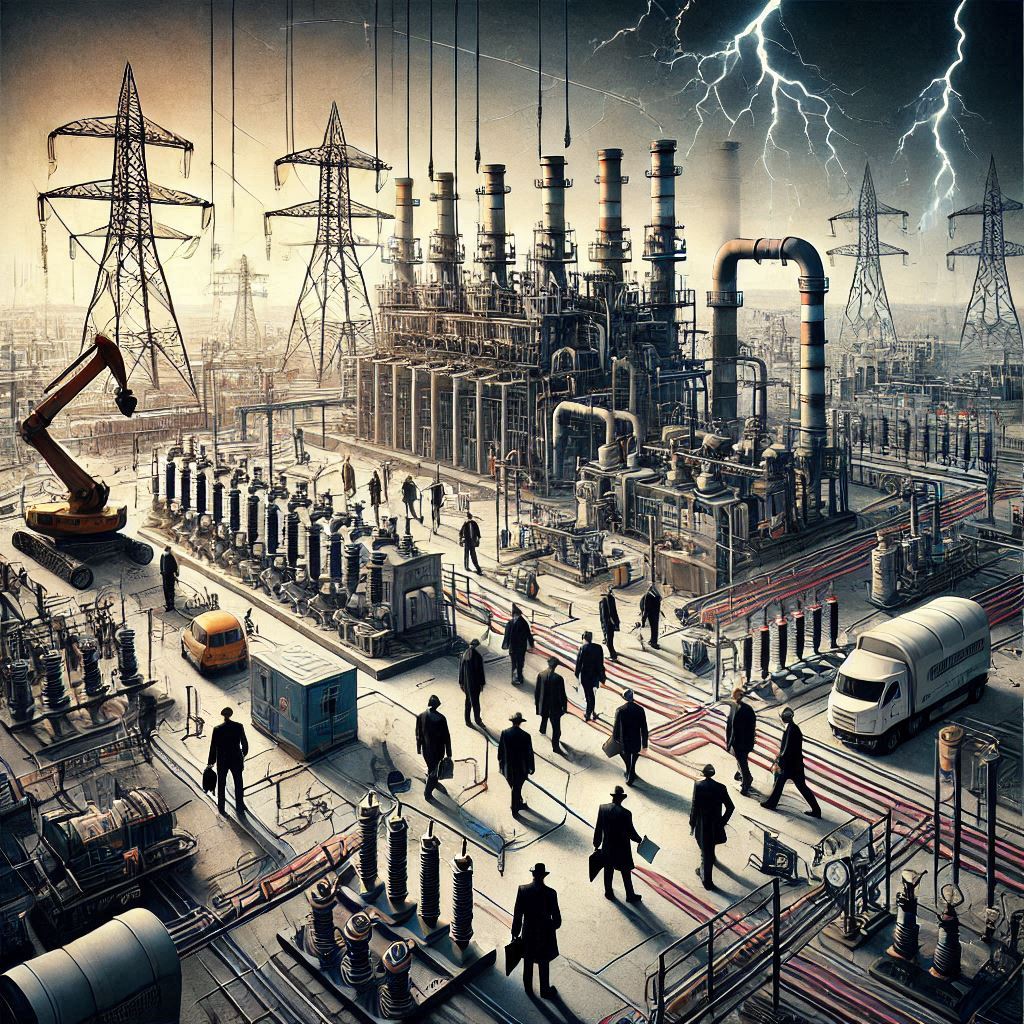The National Energy Regulator of South Africa (NERSA) stands at a critical crossroads in the nation’s energy landscape. Tasked with overseeing the electricity, piped-gas, and petroleum pipelines sectors, NERSA’s mandate is clear: to ensure a reliable, efficient, and sustainable energy supply for the country. Yet, in the face of South Africa’s deepening electricity crisis, NERSA’s performance has drawn significant criticism. With the nation grappling with widespread power shortages, escalating costs, and a faltering grid, the regulator’s inability to effectively address these challenges has sparked growing frustration. As the crisis continues to unfold, NERSA’s role—and its future in shaping South Africa’s energy future—has never been more scrutinized.
Inconsistent Tariff Decisions

One of the primary issues with NERSA’s management is its inconsistent tariff decisions. The regulator has been criticized for approving substantial tariff increases for Eskom, the state-owned electricity supplier, despite the utility’s ongoing operational inefficiencies and financial troubles. These increases have placed a heavy burden on consumers and businesses, exacerbating economic challenges in a country already grappling with high unemployment and slow growth.
Lack of Transparency

Transparency is a cornerstone of effective regulation, yet NERSA has often been accused of lacking openness in its decision-making processes. Stakeholders, including industry experts and consumer advocacy groups, have raised concerns about the opaque nature of NERSA’s operations. This lack of transparency undermines public trust and makes it difficult to hold the regulator accountable for its actions.
Failure to Address Load Shedding
Load shedding, or rolling blackouts, has become a persistent issue in South Africa, severely impacting daily life and economic productivity. NERSA’s inability to effectively address this problem has been a major point of contention. Despite numerous promises and plans, the regulator has failed to implement sustainable solutions to stabilize the electricity supply. This ongoing crisis highlights NERSA’s shortcomings in strategic planning and crisis management.
Regulatory Capture
There are also allegations of regulatory capture, where NERSA is perceived to be more aligned with the interests of Eskom than with those of the public. This perception is fueled by decisions that seem to favor the utility’s financial recovery over the broader need for a reliable and affordable electricity supply. Such actions have led to questions about the regulator’s independence and its ability to act in the public interest.
Public Trust and Transparency
Public trust in NERSA has also been eroded by perceptions of corruption and mismanagement. Allegations of favoritism and lack of transparency in decision-making processes have led to growing skepticism among stakeholders regarding the regulator’s integrity and capability. This distrust complicates collaboration between NERSA, Eskom, and independent power producers, which is essential for a cohesive and forward-looking energy strategy.
Personal Concerns About Transparency and Trust
Since I first lodged a complaint with NERSA regarding “Poor Service from City Power Johannesburg” on April 15, 2024, there has been little meaningful progress on this issue. Despite my persistent efforts to highlight these concerns, I only received a response on September 11, 2024, stating that an escalation letter had been drafted and was awaiting final signatures.
After following up on September 18, I was informed that the letter had indeed been sent. However, when I requested a copy of this correspondence, I was told that the legal department needed to provide guidance on whether such documents could be shared with complainants. Since that time, I have not received any further updates, which raises significant concerns about the transparency of this process. This situation feels unproductive and has left me with the impression that we are going in circles without achieving any meaningful progress.
Given the slow response and apparent lack of serious engagement, I can’t help but feel that my concerns are being disregarded. The unresolved issues regarding the imbalanced networks require thorough investigation and prompt action, as they directly impact the reliability of electricity supply in our community. It is essential that these matters are addressed swiftly and transparently to restore trust in the process.
Impact on Renewable Energy
South Africa has significant potential for renewable energy, yet NERSA’s regulatory framework has been criticized for not doing enough to promote and integrate renewable sources into the national grid. The slow pace of renewable energy adoption is seen as a missed opportunity to diversify the energy mix and reduce reliance on coal, which is both environmentally damaging and increasingly costly.
Conclusion
NERSA’s management of South Africa’s electricity sector has been marked by inconsistency, lack of transparency, and failure to address critical issues like load shedding. These shortcomings have not only eroded public trust but also hindered the country’s economic and social development. For South Africa to achieve a stable and sustainable energy future, significant reforms in NERSA’s regulatory approach are essential.
Enhance Your Energy Efficiency with Our Expert Power Quality Consulting
